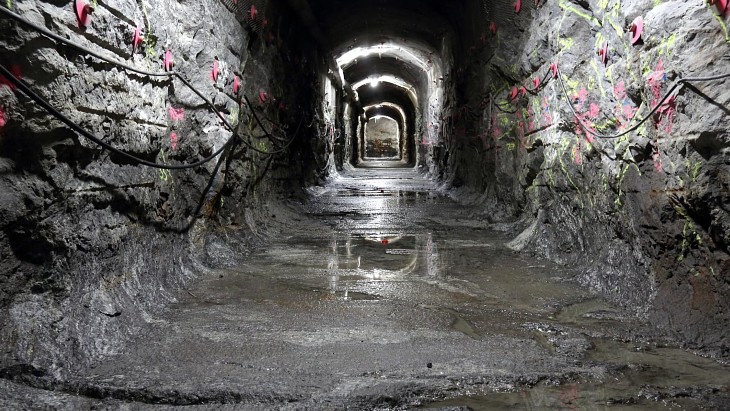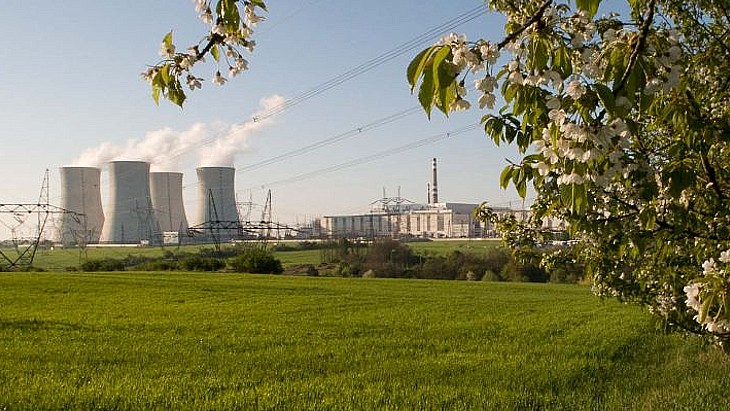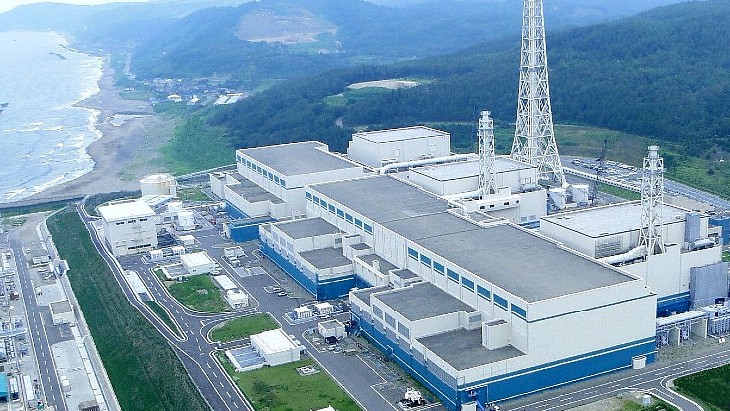Fortis is an eight-axle, flat-deck railcar that will be able to transport large containers of used nuclear fuel and high-level radioactive waste, with high-tech sensors and monitoring systems that will report 11 different performance features back to the operators in real-time. The railcar design was completed earlier this year, with technical support from Pacific Northwest National Laboratory.
DOE may now begin fabricating and testing the prototype in compliance with rail industry standards for railcars transporting used nuclear fuel and high-level radioactive waste.
The DOE's 12-axle railcar to transport larger containers of high-level radioactive material, Atlas, is currently undergoing single-car prototype testing in Pueblo, Colorado. Together, Atlas and Fortis will provide more flexibility when transporting used fuel and high-level radioactive waste to disposal and storage facilities, DOE said.
AAR is responsible for setting safety, security and operating standards across the USA's 140,000-mile freight rail network. Both DOE railcars are expected to be approved for operation by AAR by the mid-2020s.

.jpg)




_53514_33880.jpg)







